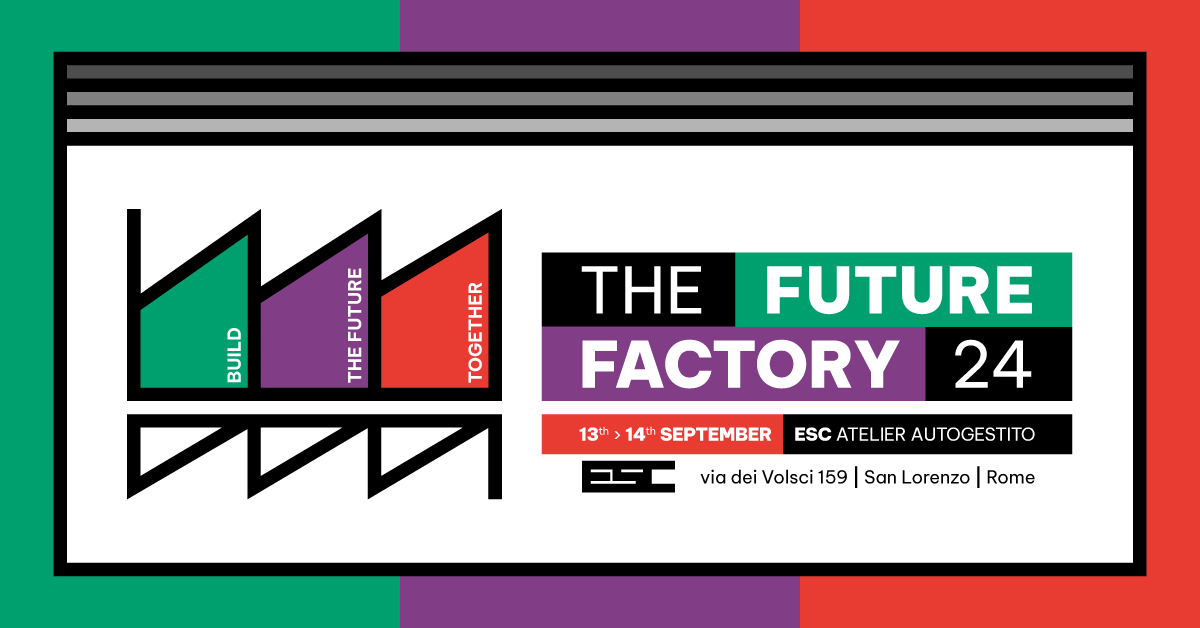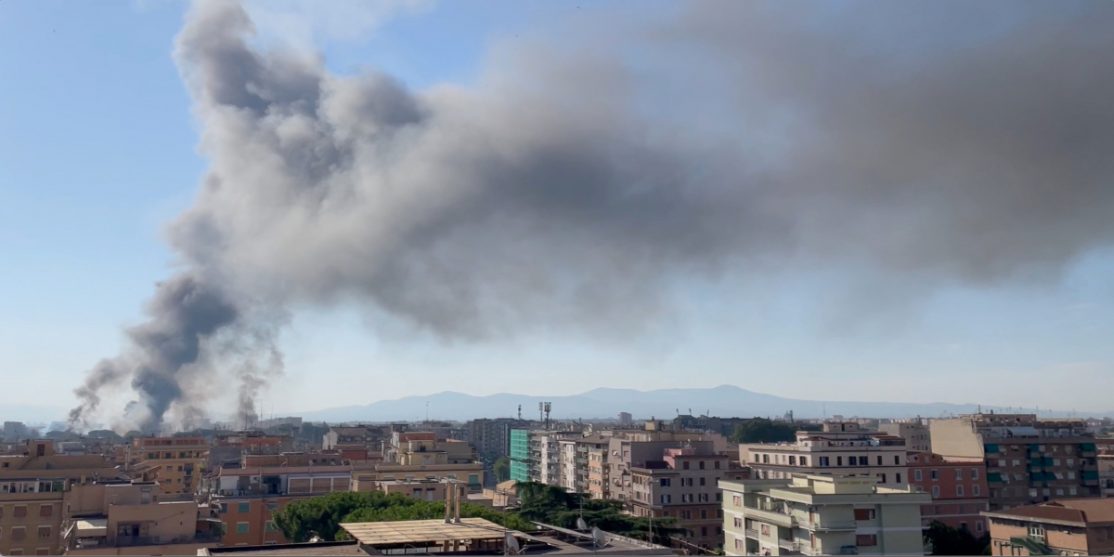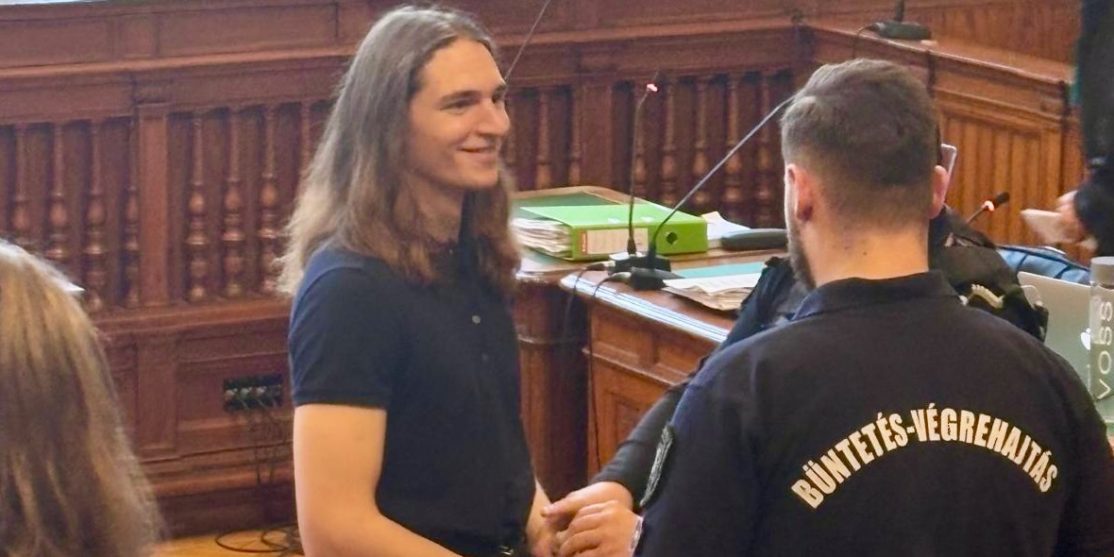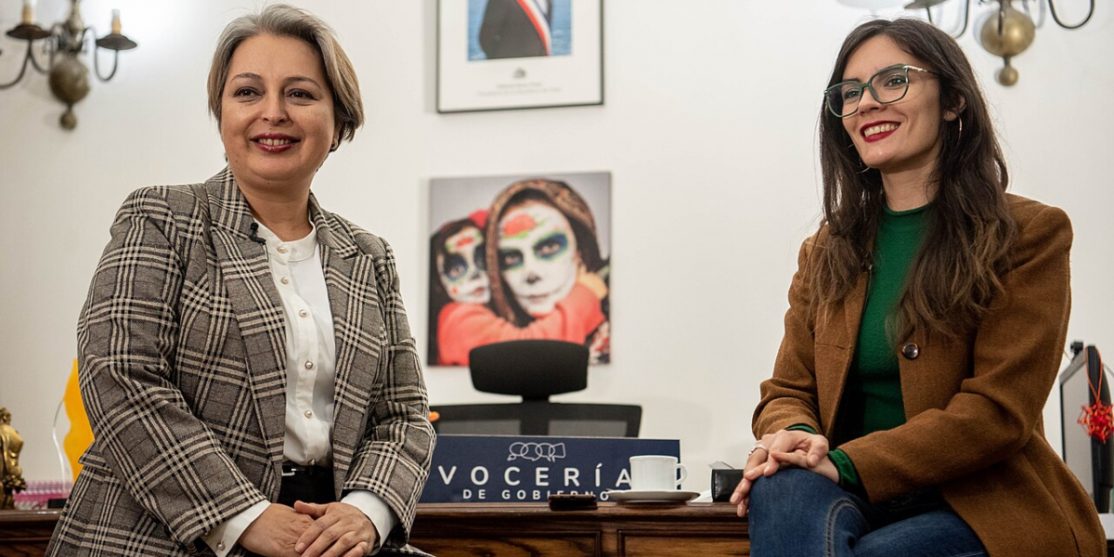ROMA

The future factory a Esc. Crafting Utopias for Peace and Justice
Il 13 e 14 settembre Roma ospiterà “Crafting Utopias for Peace and Justice”, evento internazionale che esplora, tramite workshop e dibattiti, soluzioni democratiche per affrontare le crisi globali e costruire un futuro più equo, in vista di un grande incontro nel gennaio 2025
In un contesto globale caratterizzato da crisi economiche, sociali e politiche sempre più profonde, l’evento rappresenterà un’importante occasione per affrontare questioni cruciali come la finanziarizzazione dell’economia, la trasformazione digitale, la militarizzazione crescente e la crisi del welfare. Attraverso una serie di workshop e dibattiti, i partecipanti esploreranno visioni innovative e strategie pratiche per ripensare governance e istituzioni, cercando soluzioni concrete per affrontare queste sfide. L’incontro segnerà un passo importante nel percorso verso il grande appuntamento di gennaio 2025, dove si discuterà come tradurre queste idee in azioni tangibili. Di seguito il programma dell’evento:
The Future Factory explores the possibilities that people’s democratic planning opens for peace and justice. We translate these concepts into our contexts of struggle and spaces of exchange, whether at the local community level or on a wider scale. Together, we will create a language of resistance that articulates not only hope but strategic ways forward.
Key Discussion Points
Financialization of the Economy // The state of global capitalism // Digital Transformation // Care Crisis // The War and militarization of western de // Authoritarian Reactions
These pressing issues have plunged us into an international multiple crisis. We aim to imagine new forms of governance and institutions that can meet these challenges head-on.
The Future Factory meeting in Rome (13-14th September) will place the stepping stones for a big TFF gathering from the 23rd to the 26th of January 2025.
Public Program
Friday 13.09.2024
15:00 – 16:30 Workshop
Participative process as a way to reach utopia // Myriam Zekagh -European Alternatives /ECSA
All of us want a better future; the real challenge is to identify what that means to each of us, and how we fall in agreement around the best pathways to achieve this better future. Participative processes are not only a key to ensuring all voices are heard in our societies, but also a tool for empowering – and supporting the organizing of – all communities.
Myriam Zekagh coordinates EA’s programmes focused on youth and social movements, and monitors the impact of EA’s activities through monitoring, evaluation and learning. Her work focuses on developing and evaluating projects with high social impact, engaging with local activists, civil society organisations and local authorities to create strong and long-lasting connections. She has lived and worked in and outside of Europe, most notably in Germany and North Africa.
17:00 – 18:30 Workshop
Imagining our alternatives to the capitalist system Gorana Mlinarevic (FAK – Feminist Antimilitarist Collective, Nela Porobic – Heidi Meinzolt)
Imagining our alternatives to the capitalist system is a block of two complementary workshops during which we will explore our current social, economic and political relations driven by the harmful mechanics of capitalism and actively seek alternatives to its political economy. We will do so at the local, regional and global levels.
WS1: Feminist political economy of peace: (re)considering the idea of multilateralism beyond capitalism
Our global relations are deeply exploitative and the current system of global governance is no longer functional. During this workshop we will look at the different pillars that frame our global relations (from financing to international peace and security) and engage in a discussion on what has been the contribution of feminist critical engagement at these different levels, especially in regards to the well-being of people and nature. In addition, we will look at the co-optation of feminism to serve the goals of capitalism and colonial realities through the so-called “feminist foreign policy”. We will look into the ways of how to reclaim feminist ideas for multilateral politics of equality and peace.
While this workshop will be more about critical reflections on the current situation it is our intention to use the findings and deliberations from this workshop as a starting point for the discussions on the second, complementary workshop entitled “Rethinking our social, economic and political relations”.
Nela Porobić is a feminist researcher and activist working out of Sarajevo, Bosnia and Herzegovina. Nela works with Women’s International League for Peace and Freedom (WILPF) and the focus of her work is researching and understanding, from a feminist perspective, the political economy of conflict and post-conflict reconstruction and recovery. She looks at social, political, and economic consequences of contemporary peacebuilding interventions framed within a neoliberal understanding of peace.
Gorana Mlinarević is a feminist activist and an independent researcher on human rights, gender justice and women’s movements in post-war and neoliberal contexts. For over 20 years she has participated in numerous feminist initiatives, both academic and grassroots, aiming at addressing gender-based international crimes. Her interdisciplinary research and activism also focus on war and post-war realities of women. In addition to the feminist critique of the international criminal law, she explores intersections and tensions between identity politics and economic and social realities of the societies undergoing political, social and economic transformations. For the last 10 years she has also been actively engaged in issues relating to freedom of movement and migrations
Heidi Meinzolt is a German peace activist. She was a member of the Executive Committee of the European Green Party from 1992-1998 and left the party in 2000. Since the 1980s she has been a member of the Women’s International League for Peace and Freedom (WILPF), where she has held the roles of the international representative of the German section and European coordinator.
break
19:00 – 20:00 Talk
Utopia and Human Mobility: Challenging the Neo-Liberal Readings of Free Movement // Sofian Phillip Naceur, researcher and journalist, RLS Tunis
Calls against state-imposed suppression of mobility and for free movement are largely prevalent in Europe’s Left. However, those calls often are characterized by superficial rhetoric as the analysis of the political economy of migration is often only an undertone in European antiracist movements. In this talk we will discuss mobility visions that take capitalist realities into account and challenge the commodification of migration.
Sofian Philip Naceur is a journalist and former Cairo-based freelance correspondent, mostly working on Egypt, Algeria, Tunisia and migration-related developments across North Africa and border regimes in the region. Since 2021, he works for the North Africa office of the Rosa Luxemburg Foundation in Tunis, Tunisia.
20:00 – 20:30 Talk
Art as a key to Utopia, Eric Meier
In times of multiple crisis, the collective ability to articulate futures worth fighting for seems to diminish inside the emergency discourse. Yet, in exactly time like these, the need to address multiple intersecting crisis calls for wider and larger visions and strategies. In this panel we will explore the role of art and culture as compasses in the search for a better future for all.
Eric Meier is a co-founder of INDEP, the International Network for Democratic Economic Planning and leads their events and outreach team. He has been doing strategic faciliation work in the space on economic planning for 5 years and focuses on strategic-organisational and big-picture questions. He also studies sociology and philosophy at the University of Bielefeld and has a certificate in critical philosophy from The New Centre for Research and Practice. Additionally, he is an artist and curator, having organized the exhibition “Art, Design, Aesthetics of Democratic Economic Planning” in Bonn, Germany (and having regular podcast appearances to talk about this and related topics).
Talks moderated by : Katerina Anastasiou , transform!europe
21:00 Film Screening and Q&A : The Media’s Tale directed by Cristina Cardín
Hoaxes, fake news, bigot-tubers… The digital and traditional media have long been positioning themselves on the right and falling into hate speech, driven by spurious interests. The left needs to fight them with new strategies. The Podemos’ foundation, Instituto República & Democracia, presents this documentary that mixes animations and interviews with several social media communicators who analyze the keys to counter this situation.
Cristina Cardín is a filmmaker, screenwriter and journalist based in Madrid. She started with music videos and short films: Carnal, Hai and Cultura, which was finalist in Notodofilmfest and selected in IIDFF Film Festival and FESCIGU. After a stay in London learning screenwriting in English, she returned to Madrid to work as assistant director of the media Spanish Revolution and as project coordinator at the Instituto República & Democracia, the cultural foundation of Podemos, for which she co-directed the short documentary La unión de las nubes, and directed the feature documentary El cuento de los medios. She is currently working on a new documentary in collaboration with transform! europe, We Are Migrants.
Documentary credits: Direction and screenplay: Cristina Cardín // Edition and animations: Marcel Tió // Archive footage: Juan Teixeira // Camera and DOP for interviews: Pablo Fernández // Music: Mikrat // Little Red Riding Hood voice over: Bake Gómez // Videogame screenplay: Cristina Cardín / Carla Rendón / Jessica Ruiz //Memecracy screenplay: CervantesFAQs //
Featuring Interviews with: Bake Gómez // Pablo Iglesias // Marina Lobo // Julián Macías // Rubén Rodríguez // Laura Terciado
Saturday 14.09.2024
11:00 – 13:00 Workshop
Rethinking our social, economic and political relations: Feminist political utopia of sustainable peace // Gorana Mlinarevic, Nera Porobic // Katerina Anastasiou
Building on the workshop “Feminist political economy of peace” this workshop intends to take the critical reflections captured during the first workshop as a backdrop to our exercise of reimagining our future. During this workshop the participants will start thinking about necessary political and economic visions and practical implications of those visions, both at the local, regional and global level (and the interconnections between the two) working towards emancipatory alternatives to capitalism that would safeguard commons, guarantee sustainability, equality and peace for all, framed by care, solidarity.
Although desirable, it is not a requirement for the participants of this workshop to also attend the first one as the facilitators will present a summary for those who didn’t attend it.
Break
14:00 – 16:00 Workshop If Utopia was a canvas – creating digital collages of semantic associations // Eric Meier:
How does a genuinely desirable future feel to you? How can we visually express these feelings using nothing but the semantic clutter of images of this world?
In this workshop we will create our own personal digital collages of themes surrounding utopian futures. We will reflect on our creative process behind them and how they come to connect personal emotions with more abstract political ideas.
You do not need prior experience or knowledge in art or making digital collages. An optional pre-existing stock of pictures you can draw on will be provided and the technical aspect will be kept to a minimum.
break
16:30 – 18:00 Talk
Exproriate – Maximalist demands in everyday struggles , Justus Henze
The Berlin campaign “Expropriate Deutsche Wohnen & Co.” is fighting for the socialization of large real estate groups. In 2021 she achieved a significant success in a referendum. In the workshop, Justus Henze gives an insight into the development of the campaign and establishes a connection between the current tenant struggles and the demands for socialization in the German workers’ movement 100 years ago. The central question in the workshop will be how socialization/property struggles could be the core of a possible countermovement after 30 years of neoliberalism.
Justus Henze studied social economics and urban studies in Hamburg and Berlin. He is active at Deutsche Wohnen & Co. expropriate, helped organize the 2022 socialization conference and works at communia to socialize the energy transition. He also conducts research on democratic economic planning and helped set up the Democratic Economic Planning Network.
SOSTIENI, DIFENDI, DIFFONDI DINAMOPRESS
Per sostenere Dinamopress abbiamo attivato una nuova raccolta fondi diretta. Vi chiediamo di donare tramite paypal direttamente sul nostro conto bancario, Dinamo Aps Banca Etica IT60Y0501803200000016790388 tutti i fondi verranno utilizzati per sostenere direttamente il progetto: pagare il sito, supportare i e le redattrici, comprare il materiale di cui abbiamo bisogno




